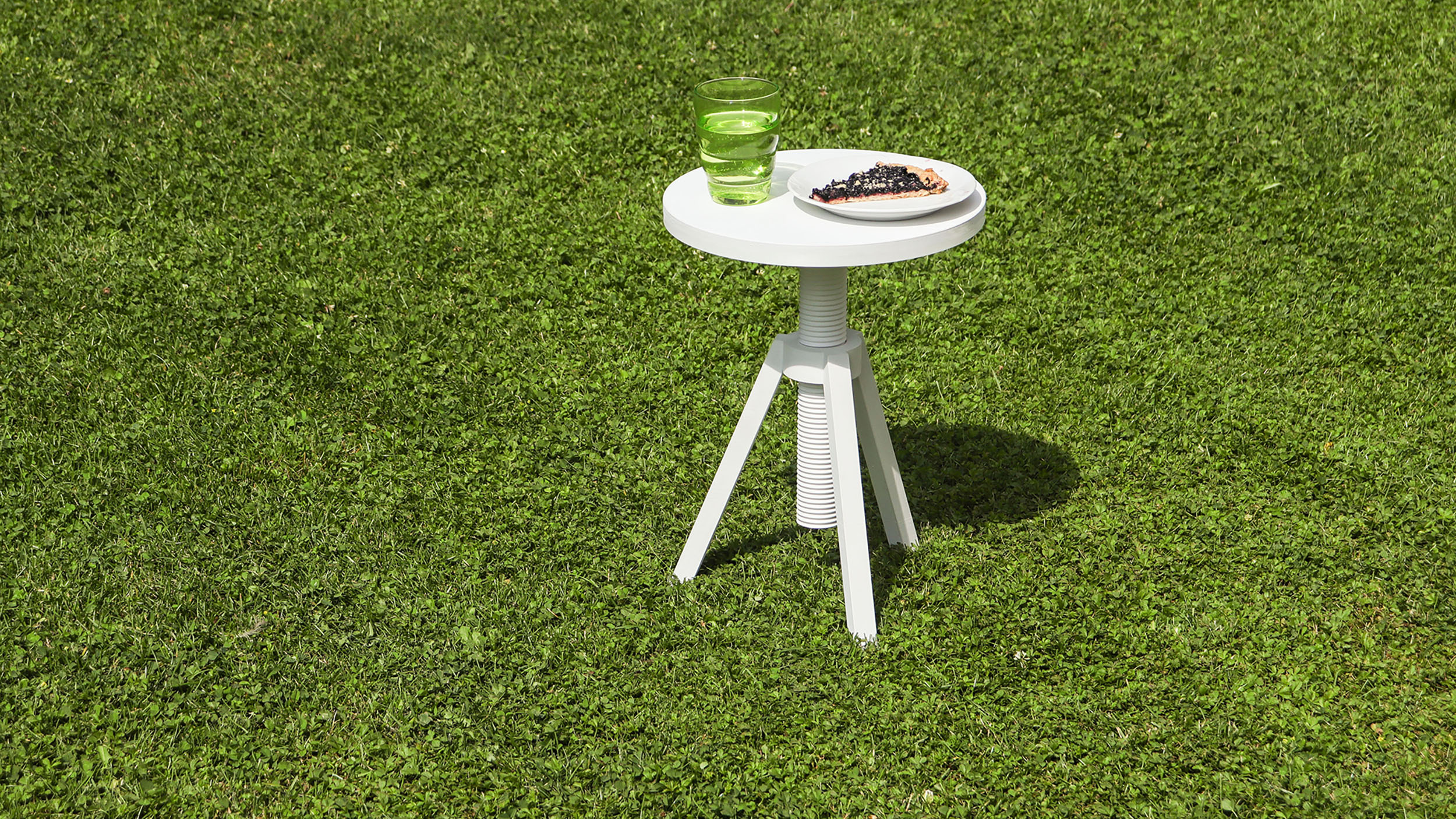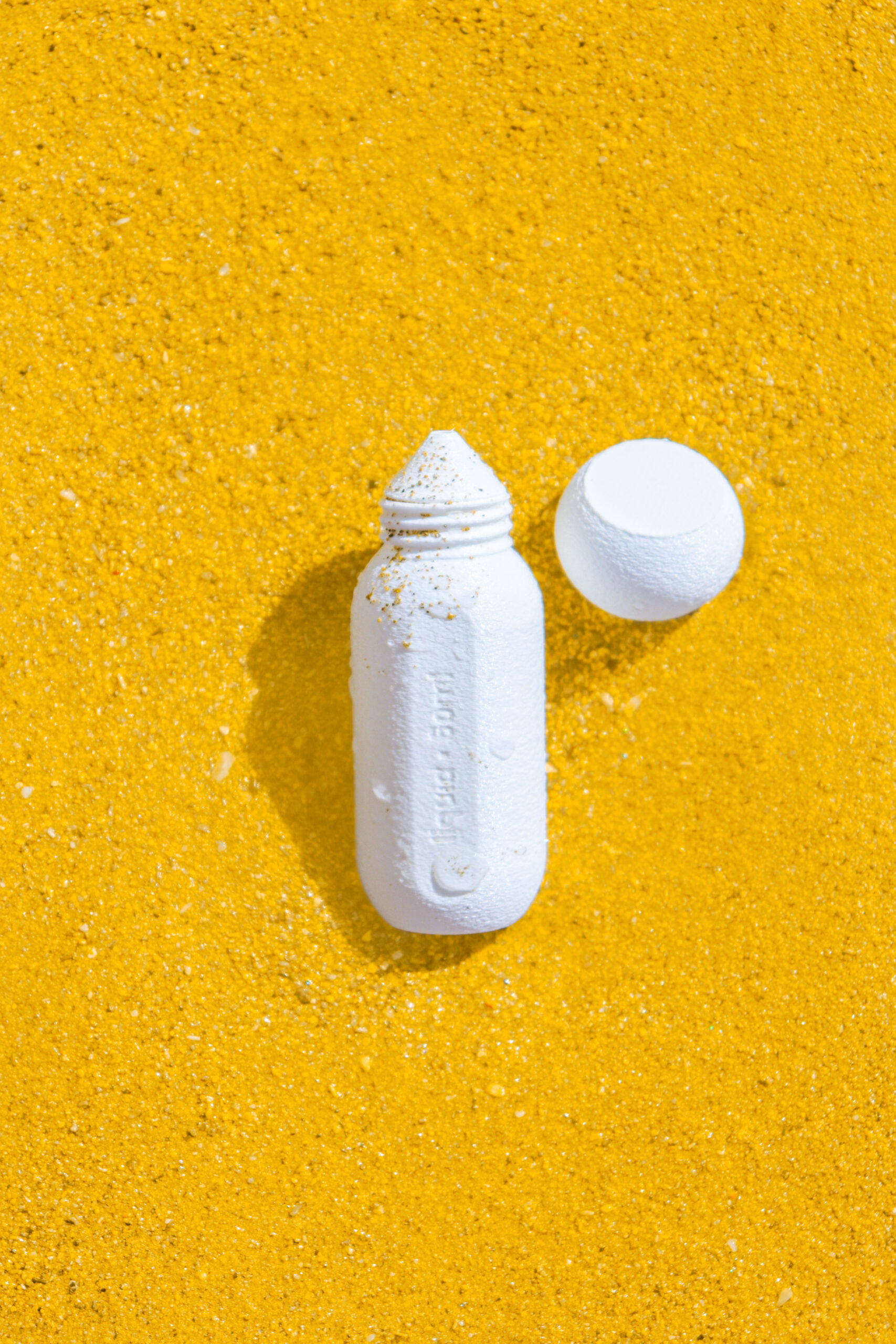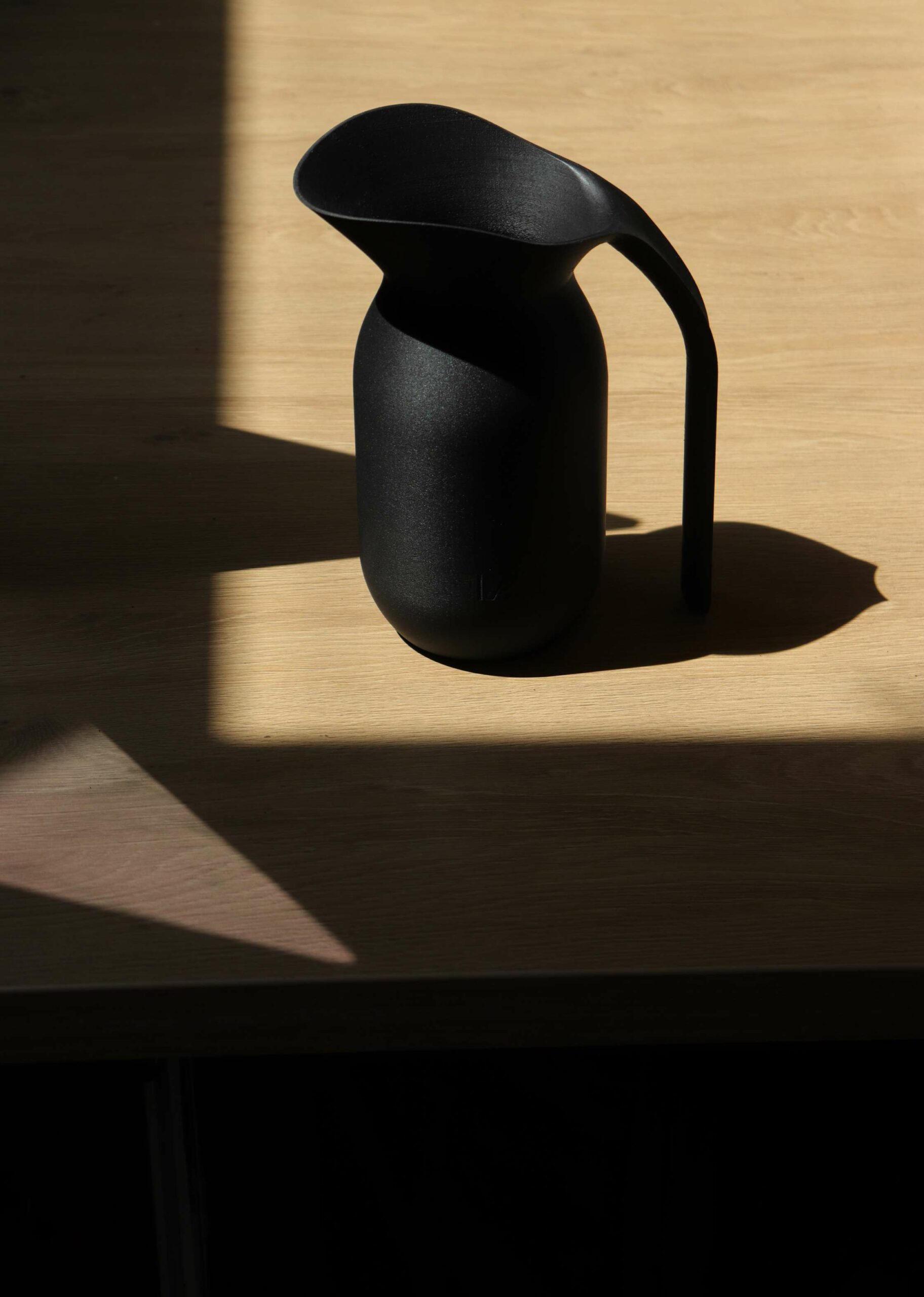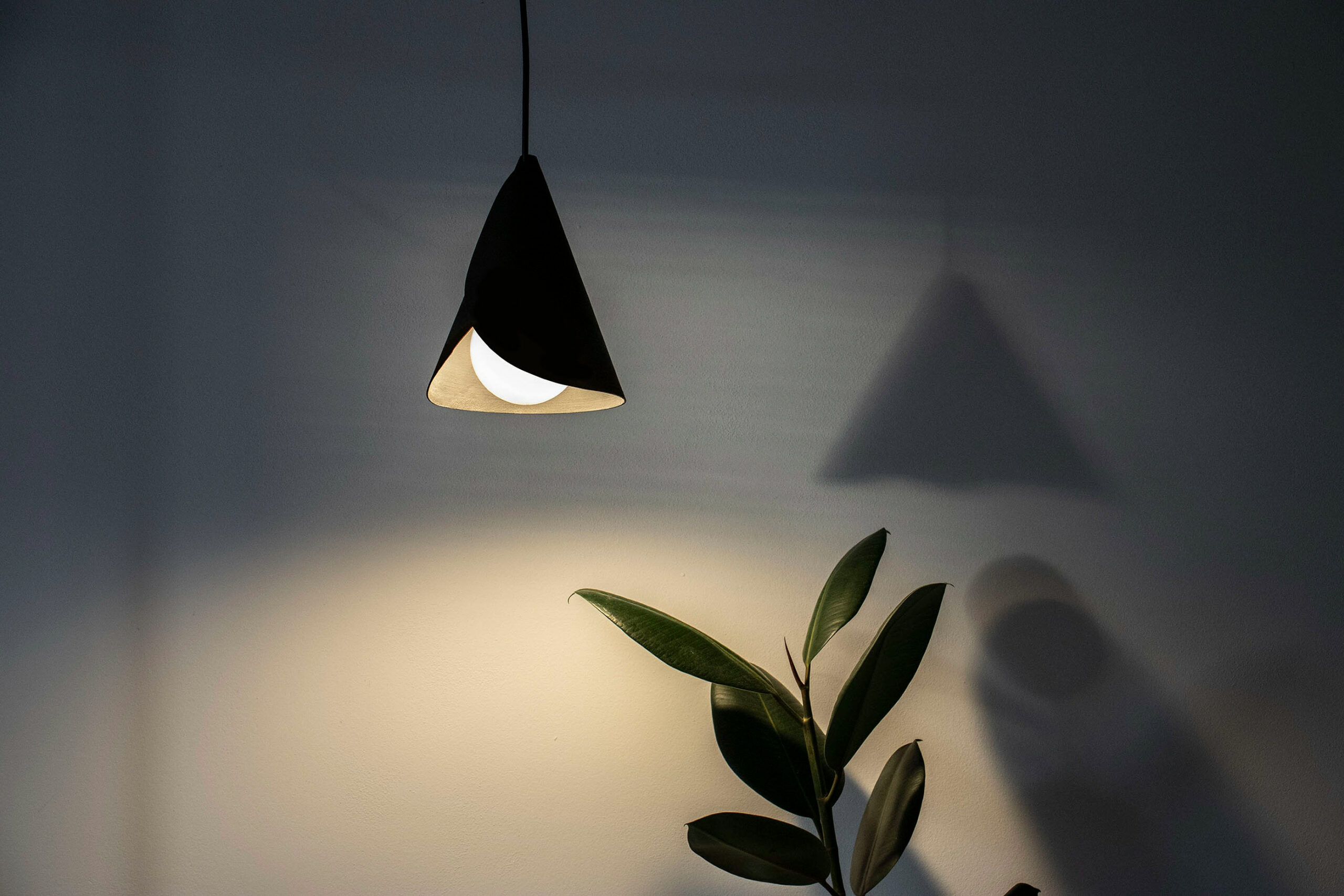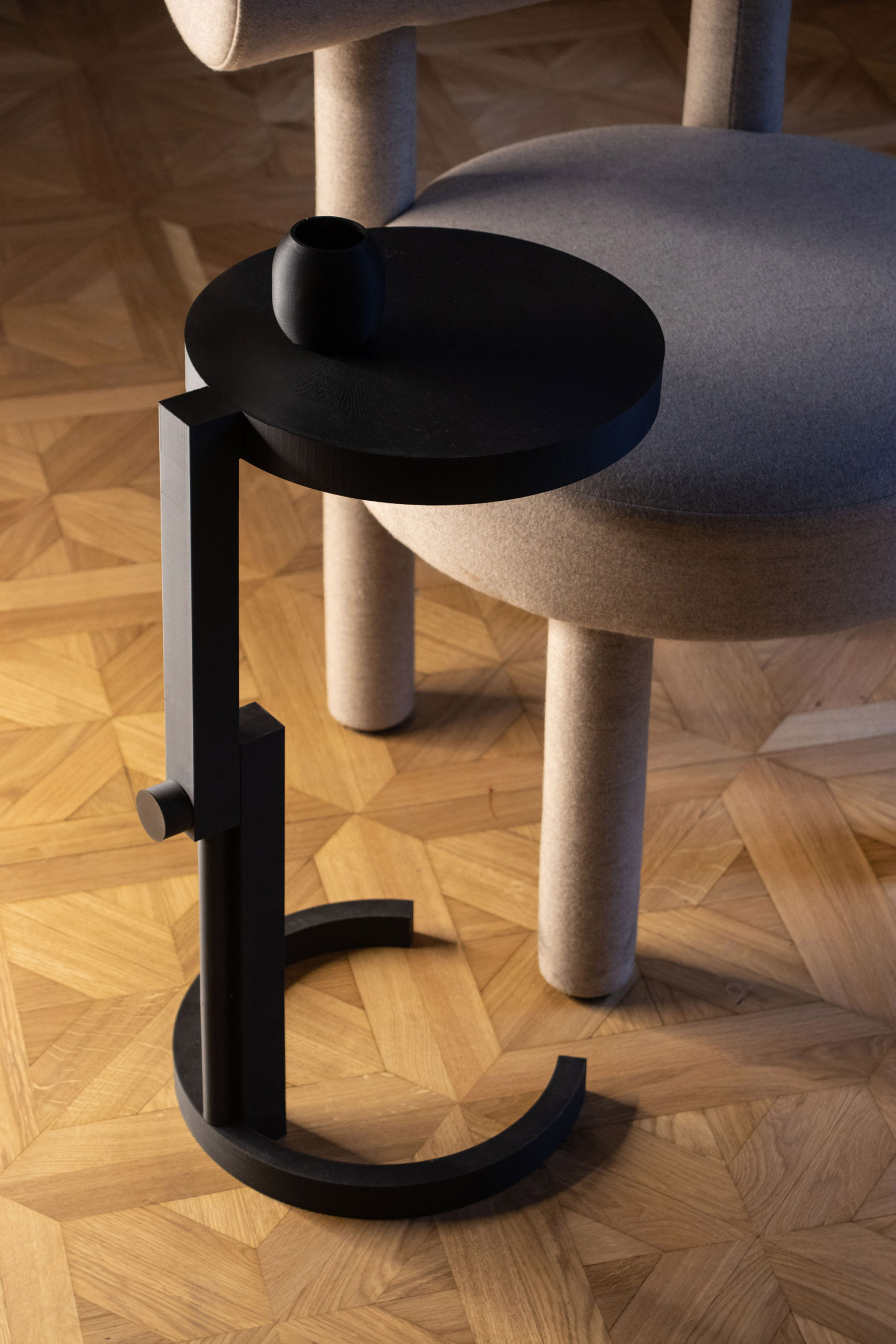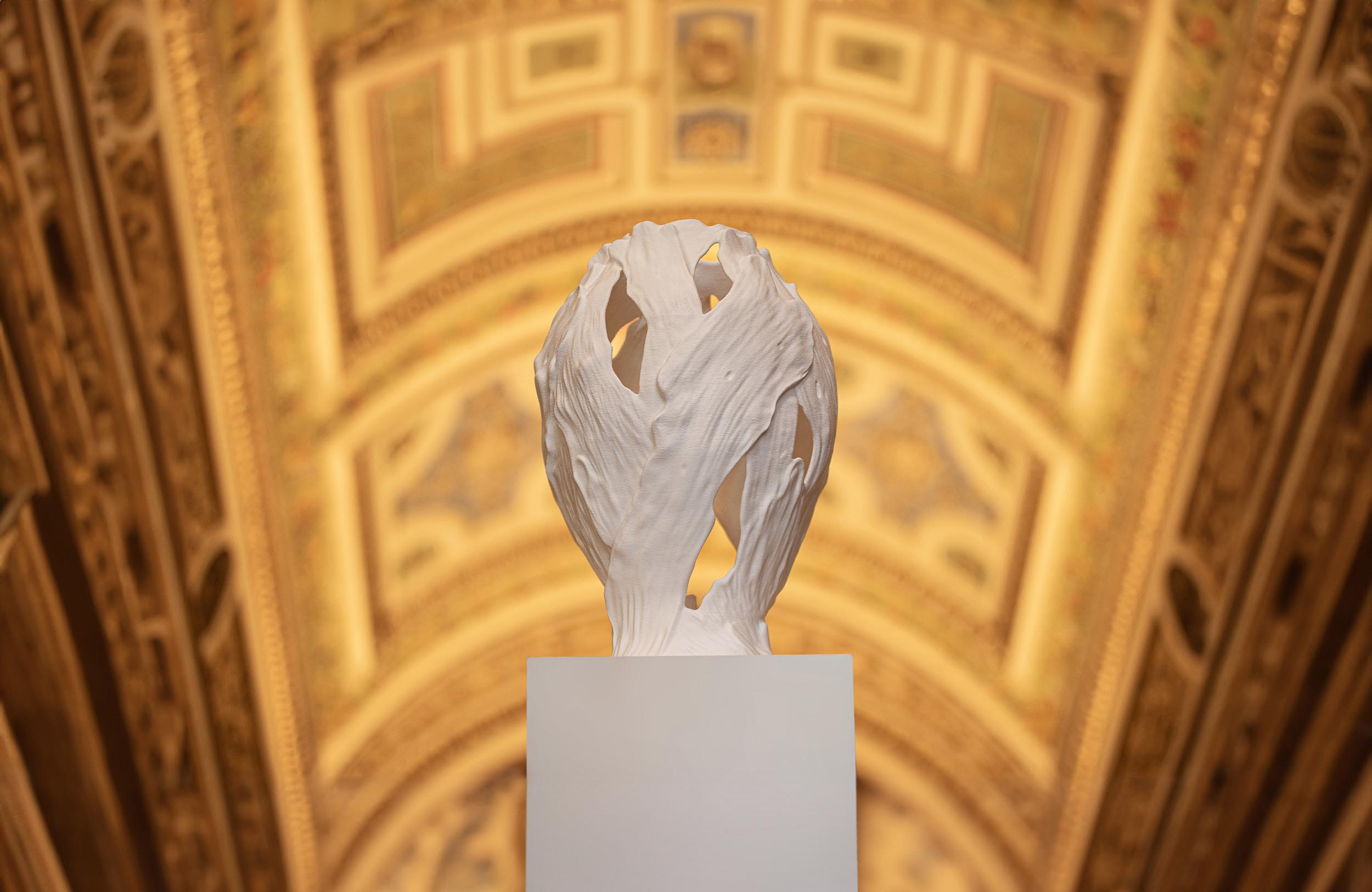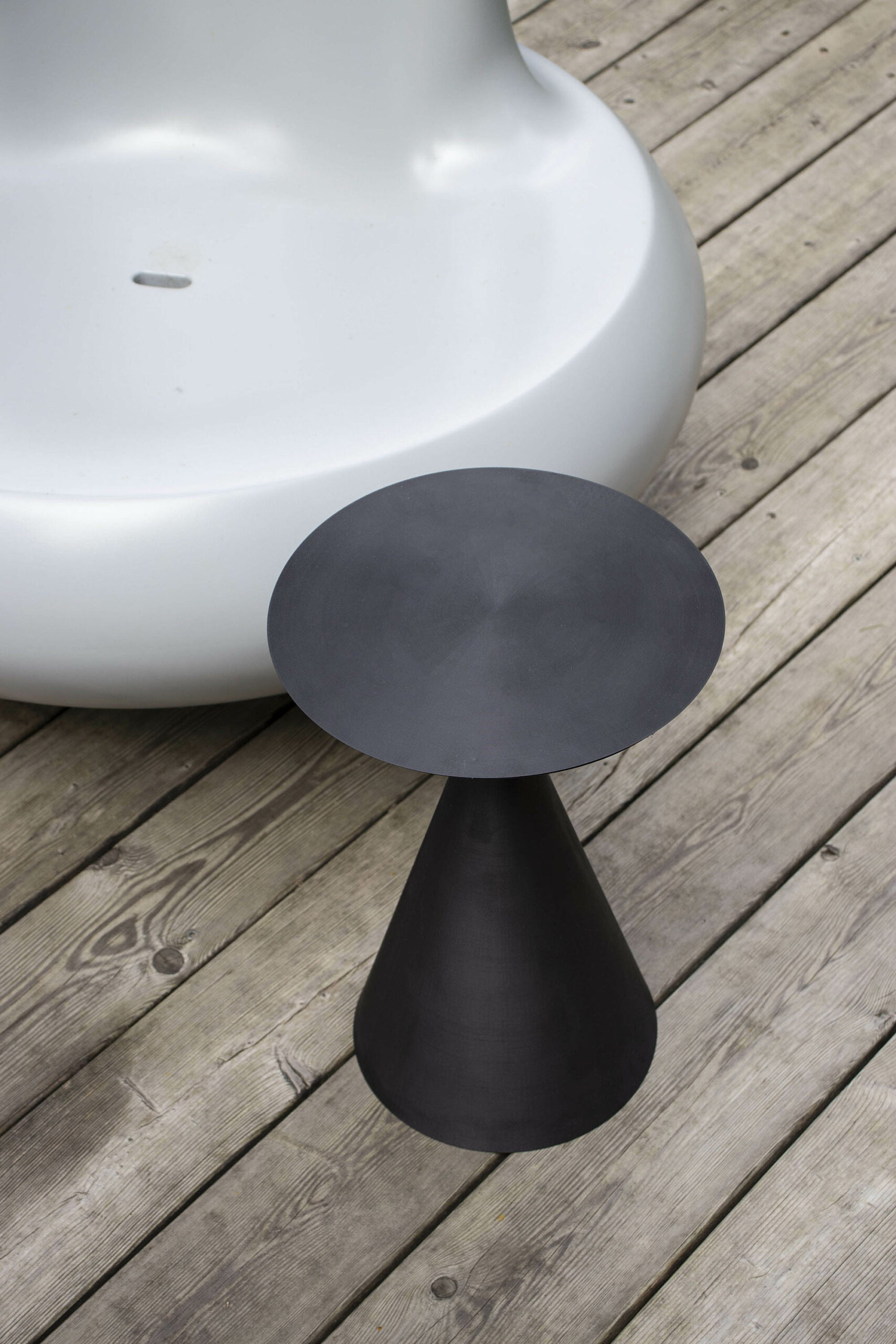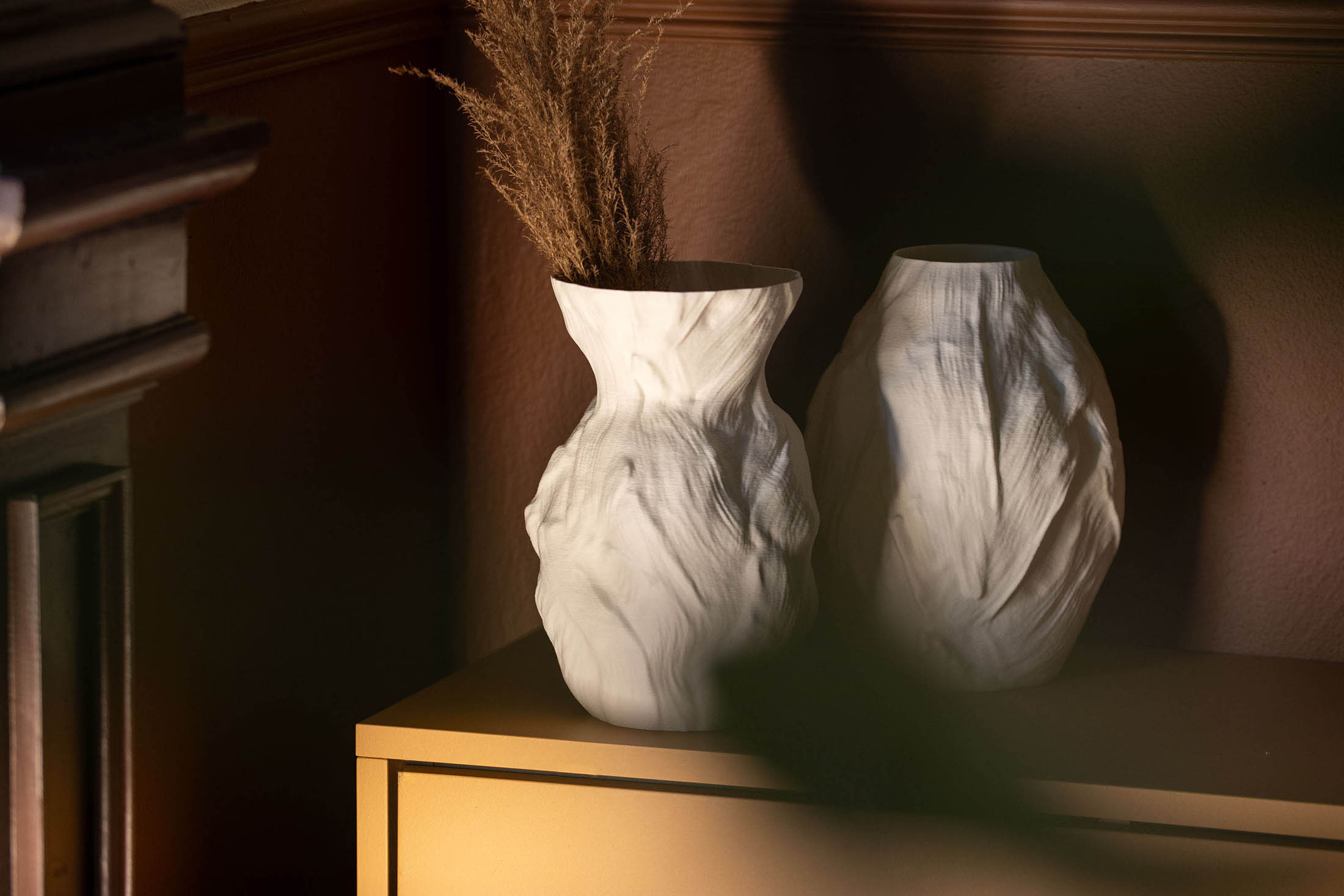course design printables
3D print course for enthusiasts & professionals by Aleš Boem
3D printers unleash a high degree of creativity and artistic expression and give us the opportunity to bring ideas to life faster then ever.
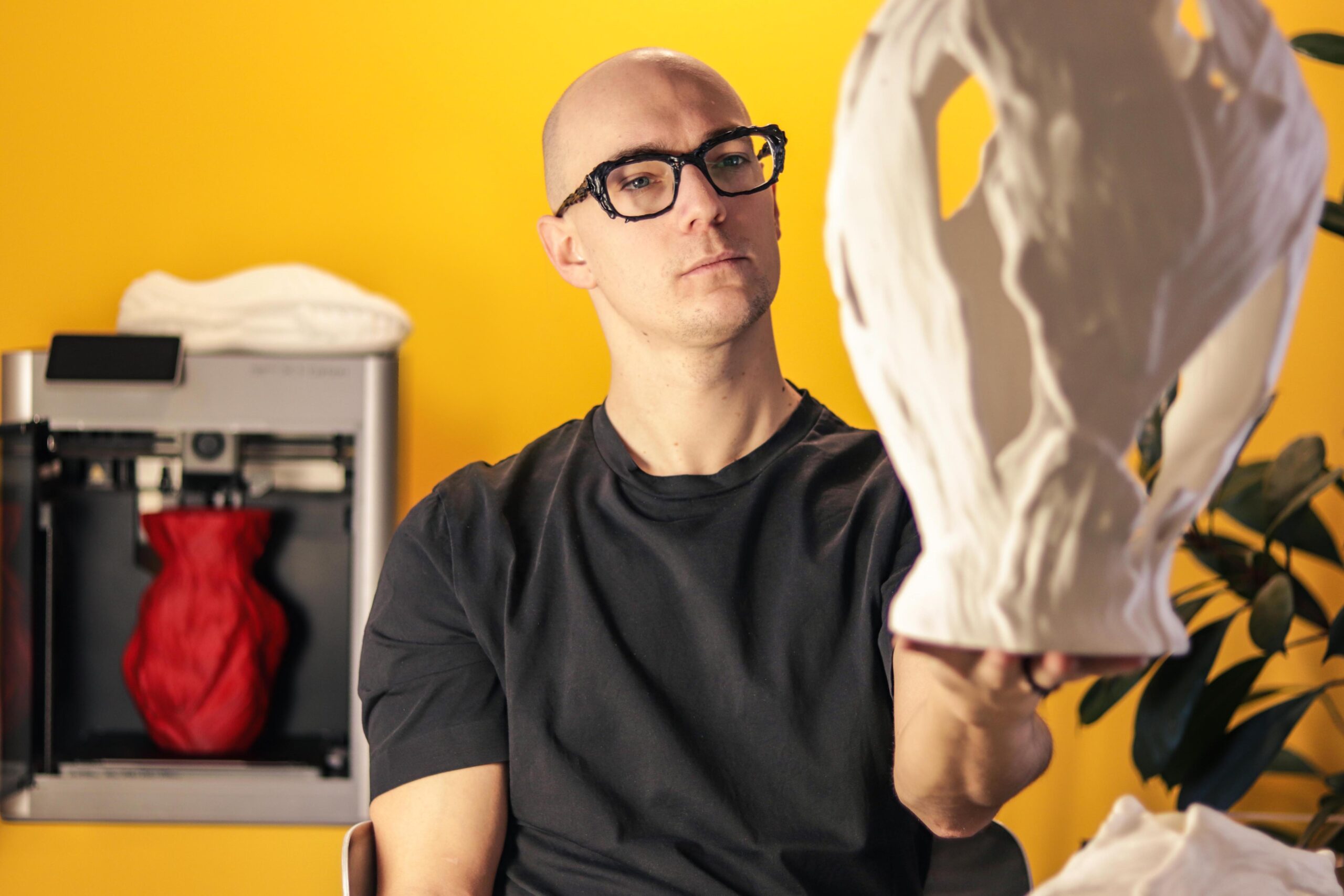
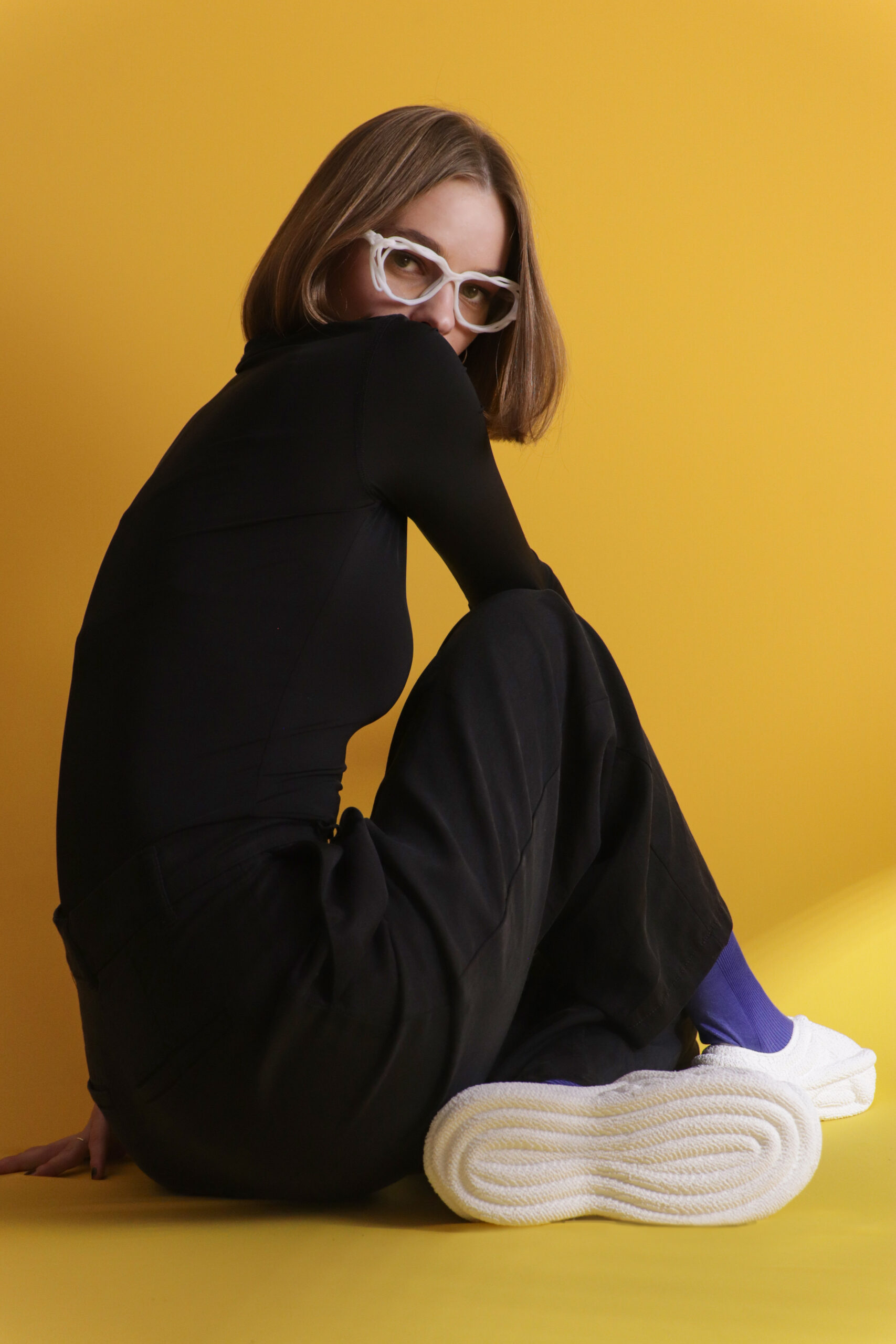
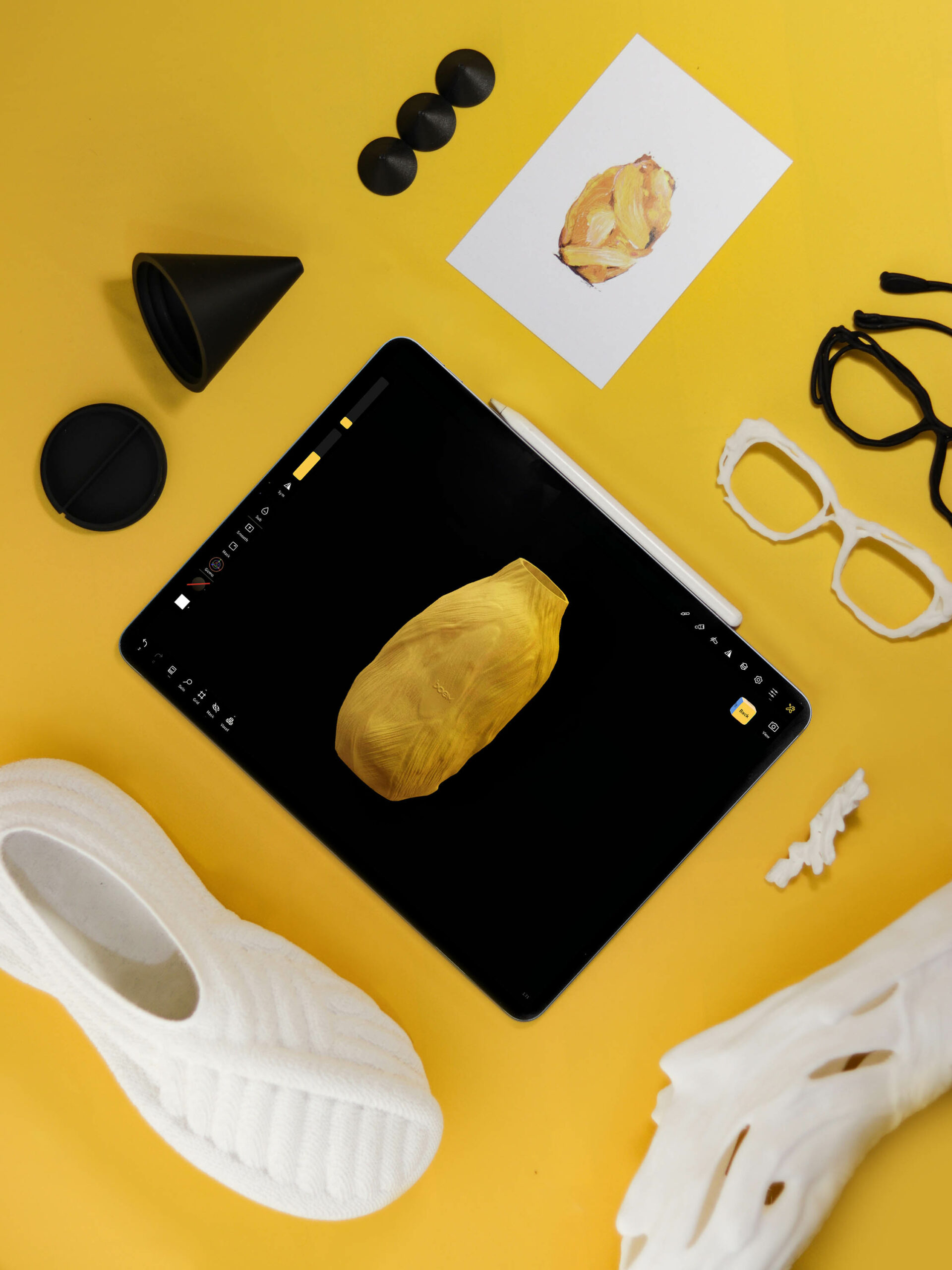
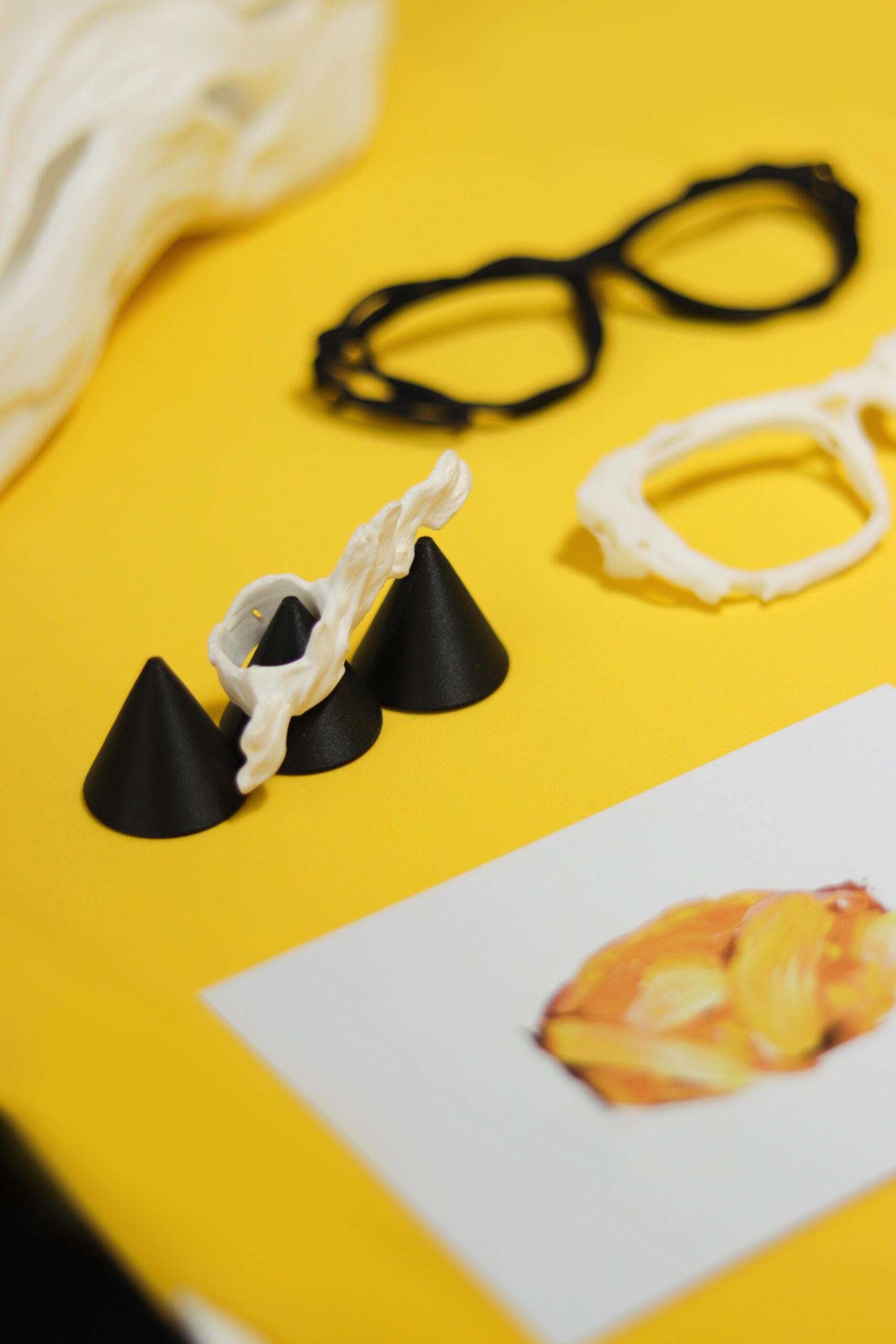
Course content
All our experiences in are packed into this course so that you can immediately build on them and create something even better! Online videos with lifetime access and downloadable resources makes this course a quick and simple guide for designing cool things with 3D printers. It goes beyond the nitty-gritty details, teaching you not only the technical aspects but also how to unleash your creativity and how to think to come up with unique ideas for your designs. The course is short and easy, allowing you to learn at your own pace the most important knowledge we have!
lesson 1: Design thinking
We are all creators and design is no longer limited to those with drawing or painting skills. Design thinking is an approach to problem-solving that puts human needs at the forefront of the process. While traditionally associated with designers and artists, anyone can apply design thinking principles to create innovative ideas. With the advent of computer programs, one no longer needs to have traditional drawing or painting skills to create cool designs. Learn How the design process works, Understand the cycles, contrasting attitudes and differences between art and design.
lesson 2: Additive Manufacturing
When it comes to designing, it’s essential for designers to have a solid understanding of the technology, its advantages, and limitations. Designing for additive manufacturing (AM) requires a unique approach compared to traditional manufacturing methods. In this course, you will gain knowledge about the different types of 3D printing technologies, which will help you to determine the most suitable technology for various projects. You will also learn how to design your product for FDM technology, which includes optimizing designs to have beautiful and cost effective results.
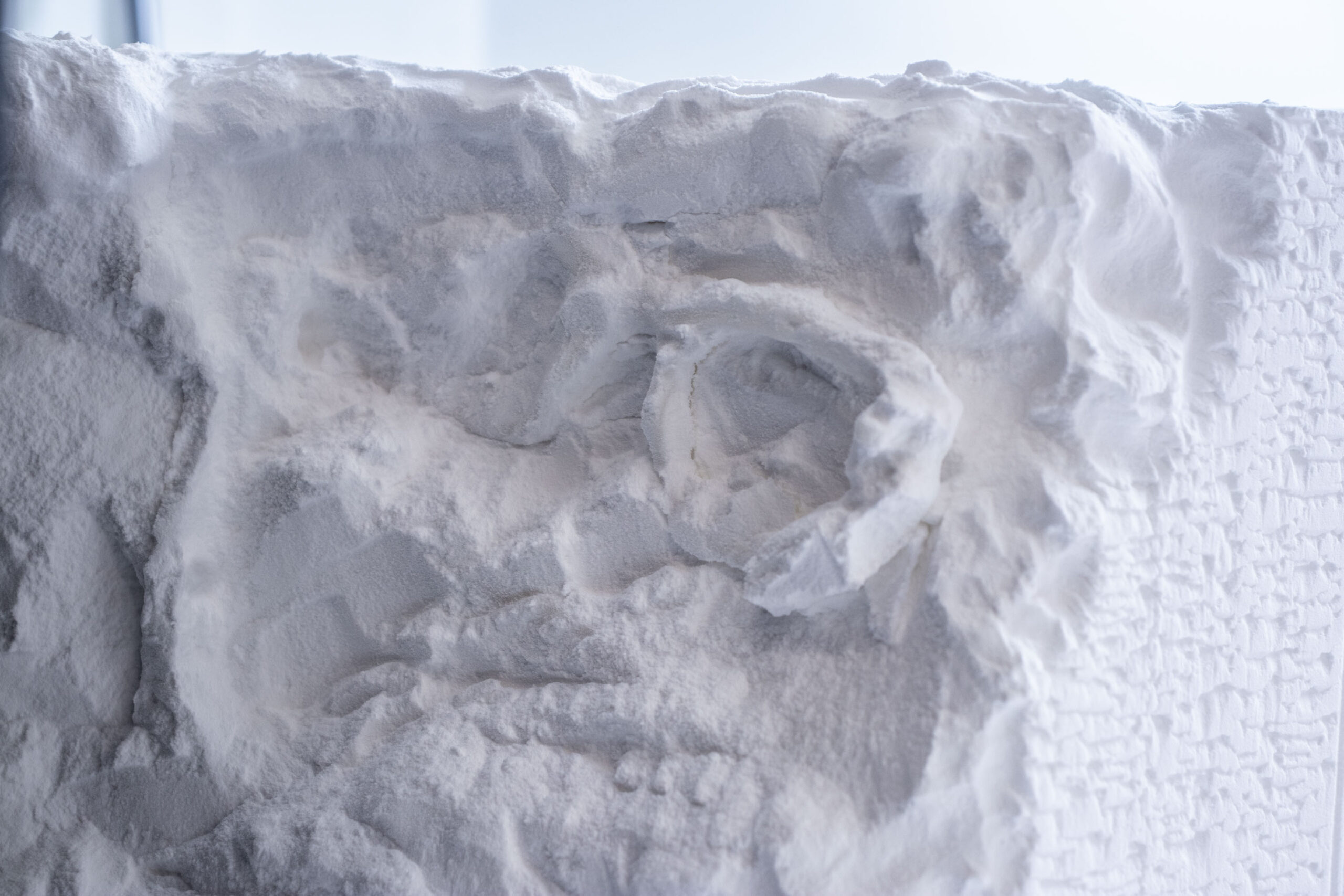
lesson 3: FDM (filament) 3D printers
We will focus on providing a more in-depth understanding of how FDM technology works. We will explore the different types of FDM printers available in the market and their advantages and disadvantages to have a clear understanding of the capabilities and limitations of FDM printing, enabling you to create designs that take full advantage of this technology.
lesson 4: Design for FDM
You can print not only small accessories, but also furniture or shoes from a 3D printer. There are many potential design mistakes that can lead to failed results, making it essential to understand the limits of FDM printing and how to design products that are easy to print. This course will cover critical topics such as construction, shapes, and dimensions when designing for FDM printing. I will teach you various strategies to create aesthetic, functional, durable and easy to print products.
Selecting the appropriate filament is essential to the success of any 3D printing project. However, with so many types of filaments available on the market, it can be challenging to determine which one is right for your specific needs. This is where understanding the key parameters of filament selection becomes important.
Designing lighting products on FFF printers can be a great way to create unique and personalized items. With the ability to print incredible light shades and lamps, the possibilities are endless. You can even buy ready-made sockets for pendants or table lights at IKEA and use them in your designs. The best part is, you don’t have to model the sockets yourself because we’re providing free 3D models of the popular IKEA Hemma and Stråla sockets, so you can easily incorporate them into your designs.
Despite the online speculation about 3D printing and bacteria, it is possible to design 3D printed parts for food and drinks. However, it is crucial to understand what real tests of 3D printed parts have shown, what materials are appropriate to use, and how to design the products to ensure they are safe for consumption.
3D models: Cone, Bottle Opener, Cable Case, Ikea Hemma & Ikea Sträla
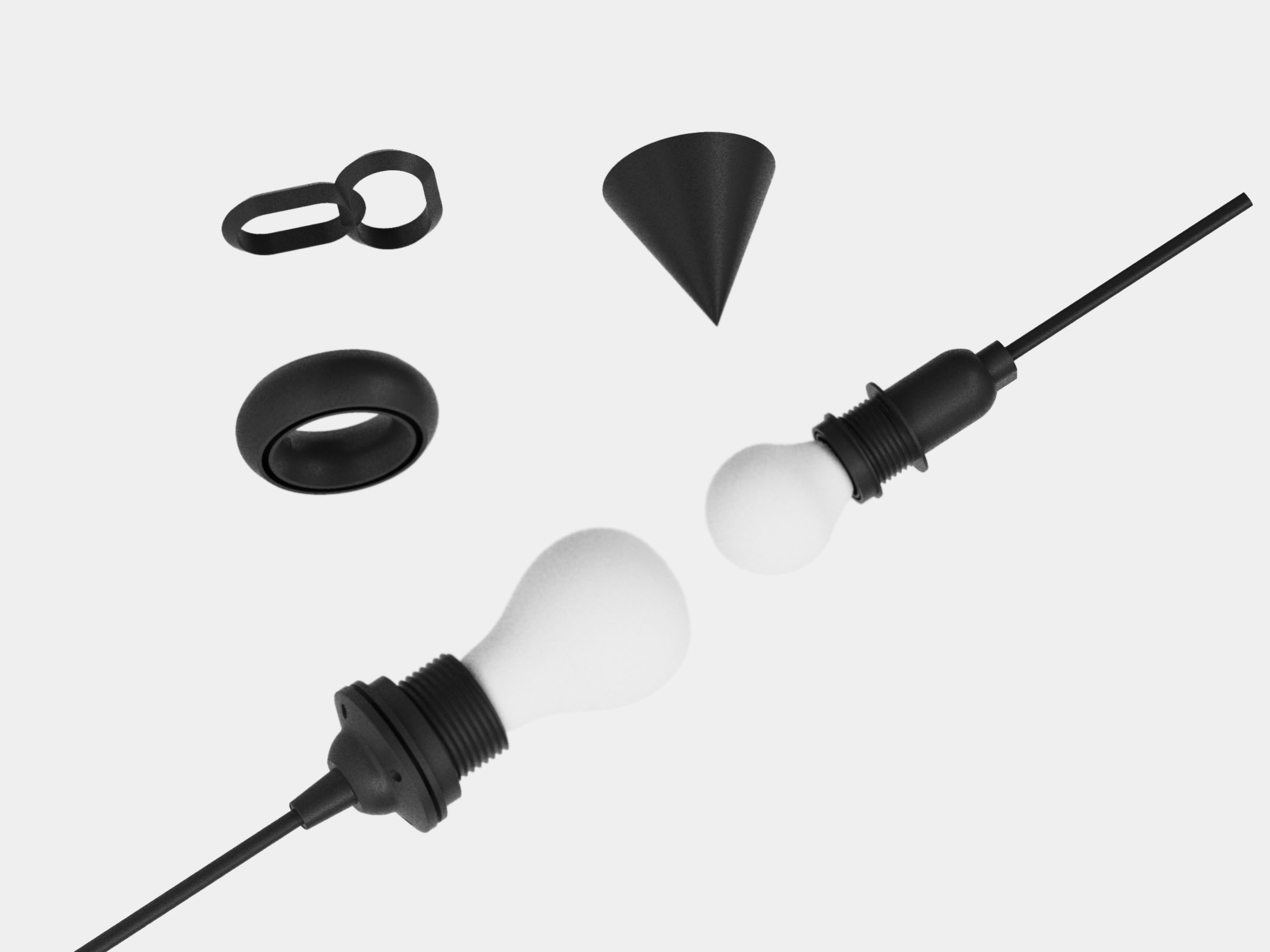
lesson 5: Fusion 360 Basics
Fusion 360 is a popular CAD software for 3D printing that offers a cloud-based solution and is free for hobbyists. If you’re new to 3D modeling, don’t worry. We’ll start by introducing you to the tools in Fusion 360 that are important to create products we have in our catalogue. One of the great things about Fusion 360 is that it’s free for hobbyists and non-commercial use, and it receives regular updates and improvements. This means that you’ll always have access to the latest tools and features, and you can be confident that the software will continue to grow and evolve over time.
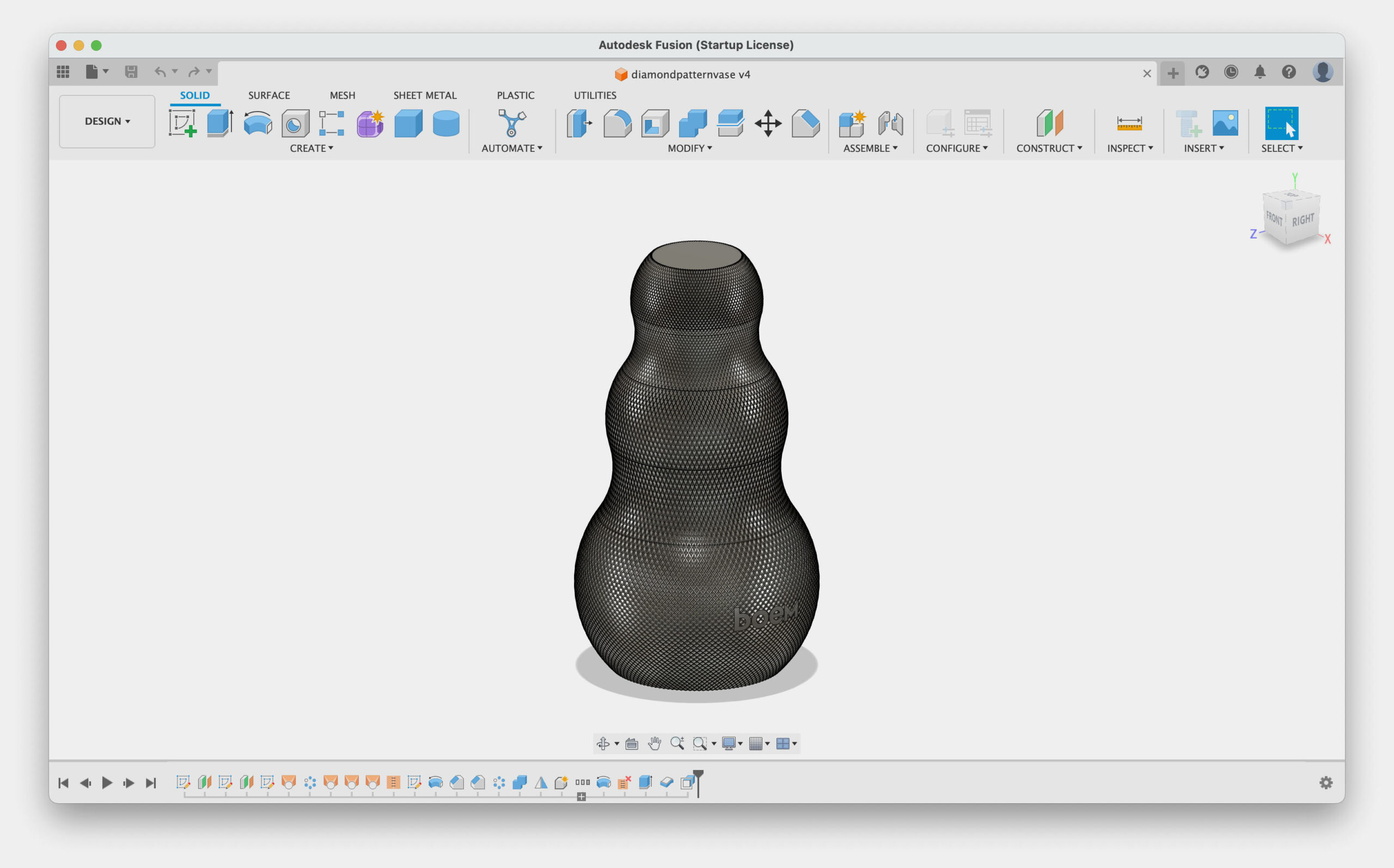
3D models: Diamond Pattern vase, Canister, Small Box, Piano Table
lesson 6: Slicer
Slicers are incredibly powerful programs that are used to calculate all the necessary printing layers for a 3D model, making it easy to print even complex designs. To achieve the best possible results when 3D printing, it’s important to have a solid understanding of the slicer software and the various settings that can be adjusted to optimise your prints.By taking the time to understand the print settings and fine-tuning the slicing process, you can achieve faster print times and higher-quality prints.
lesson 7 and 8: Patterns in Blender and iPad
3D printing technology has revolutionized the way we think about design and manufacturing, allowing us to push the boundaries of what’s possible and create truly incredible shapes and patterns. However, in order to achieve the best results, it’s important to adhere to certain basic rules and principles of design. In this course, we will not only cover the basic rules of design for 3D printing, but also share our techniques for creating naturalistic patterns that can be used to add texture and complexity to your designs. By learning these techniques and applying them to your own projects, you’ll be able to take your 3D printing skills to the next level and create truly stunning, one-of-a-kind objects. The possibilities are truly endless, and we can’t wait to see what you create!
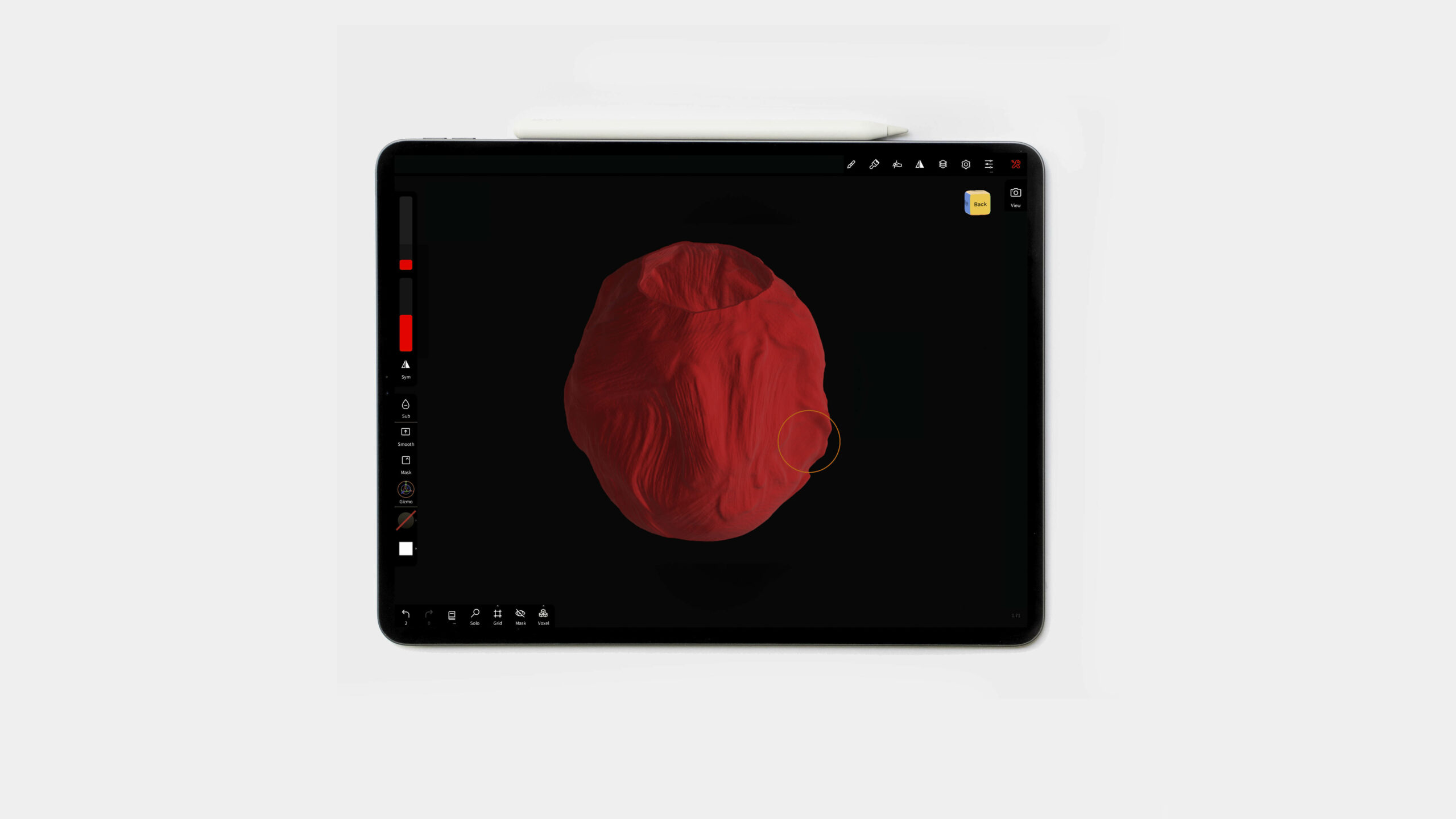
Resources: brush and pattern textures
lesson 9: Multi-part 3D model new
Create a model with separate parts is excellent not only if you have a printer with a cartridge for multiple filaments but can also be used for combined settings for each part.
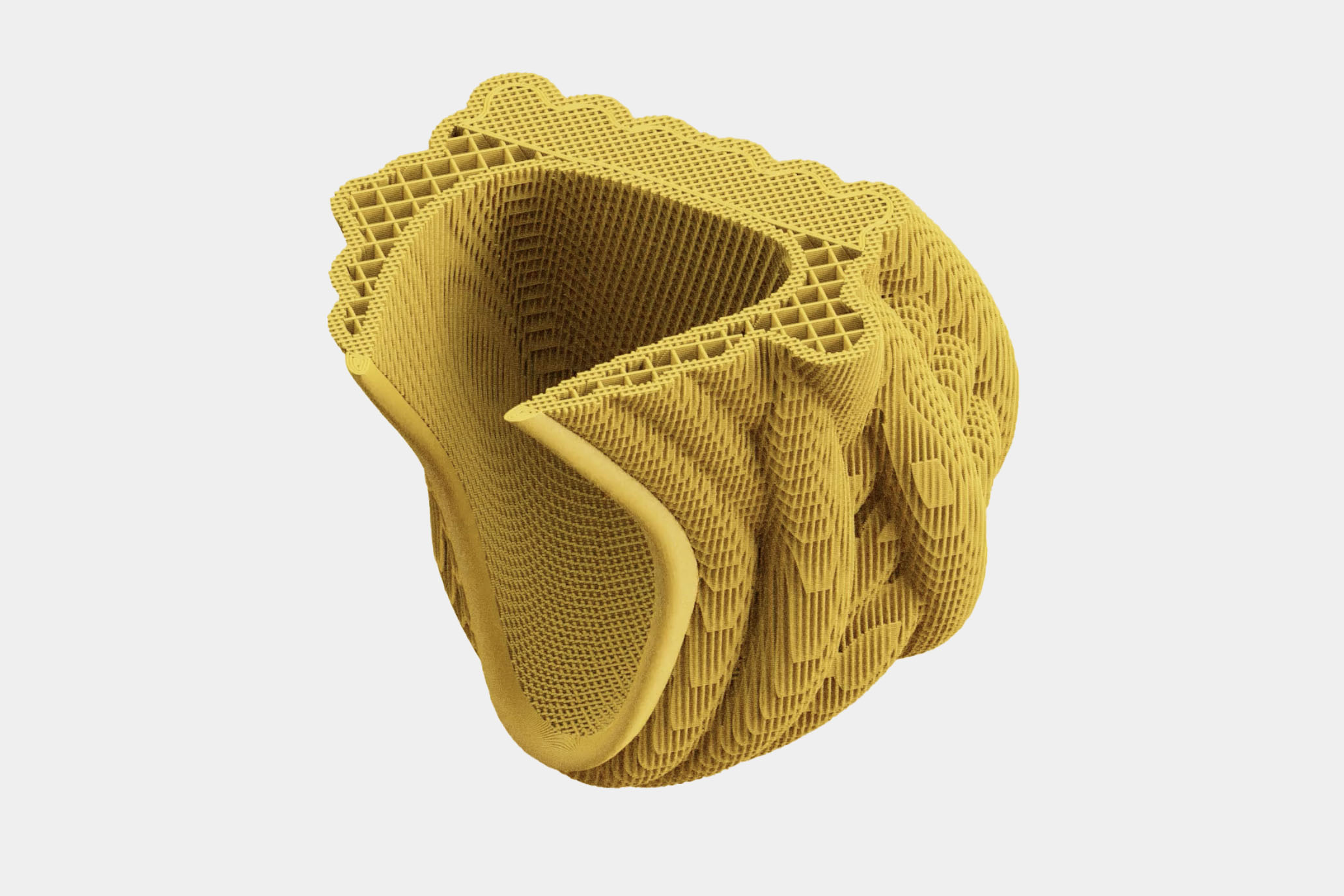
Requirements: FDM 3D printer, Fusion 360, Blender
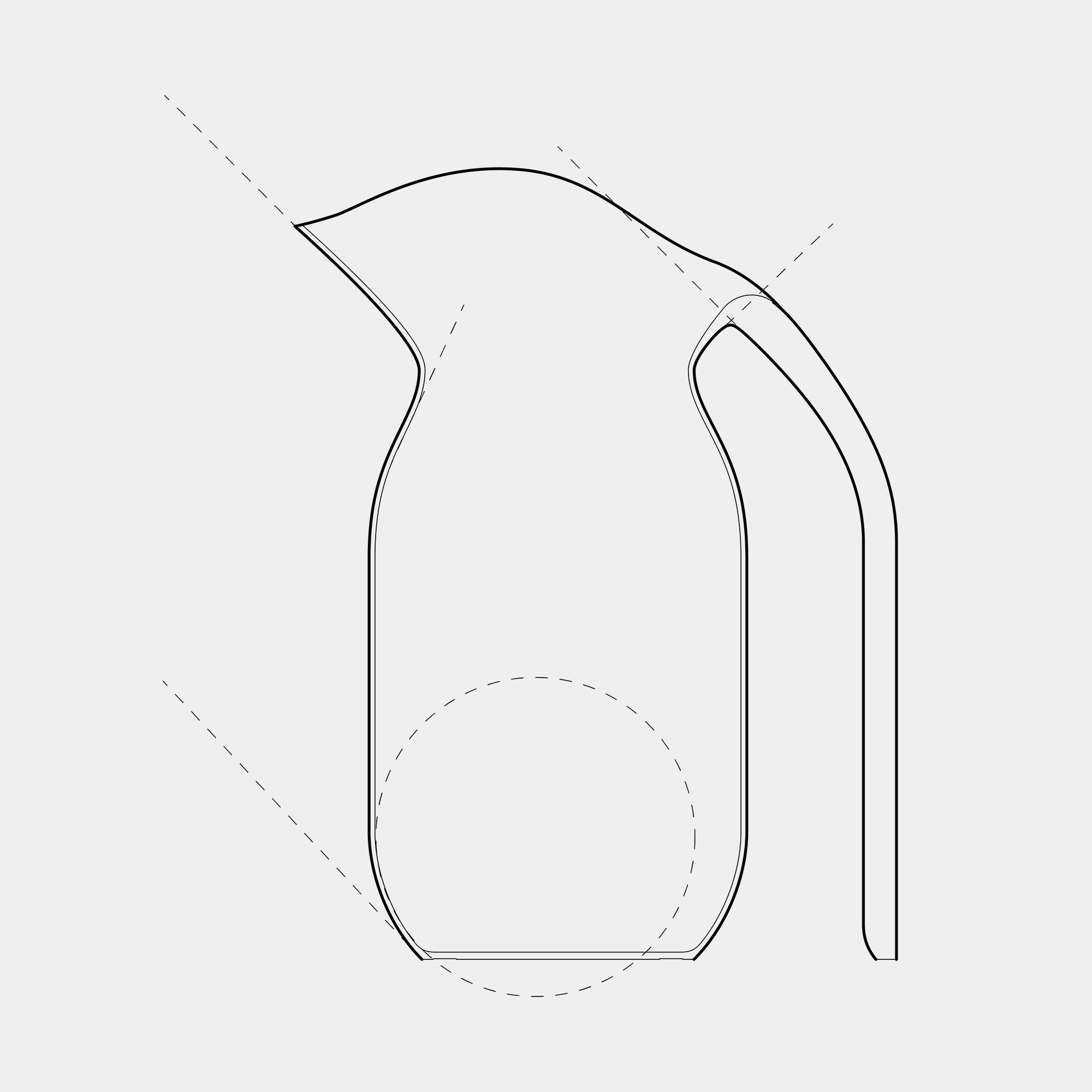
Inspiration
